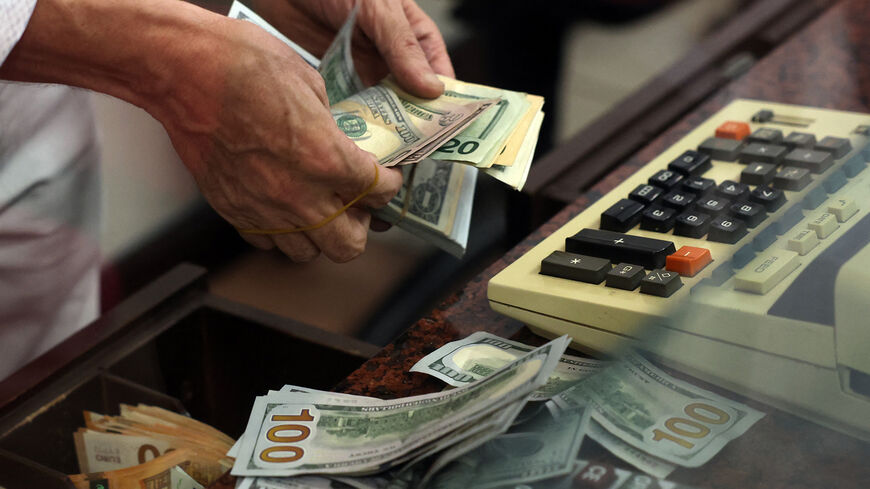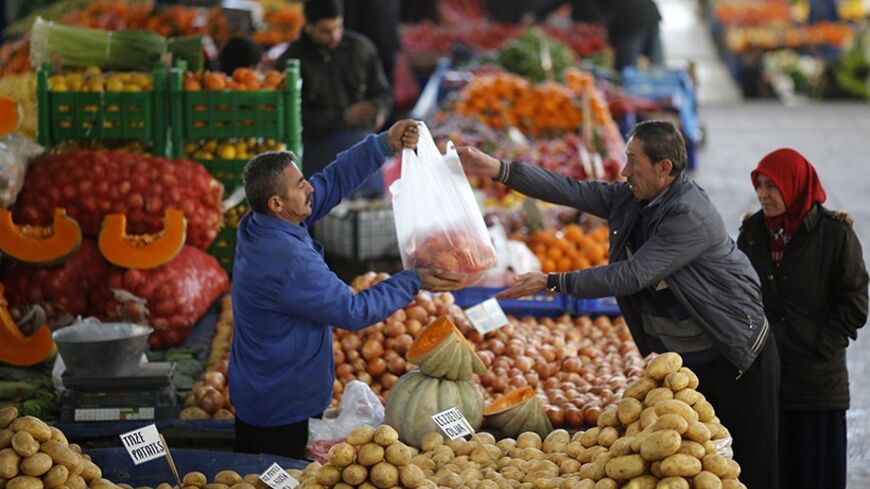Turkey’s inflation falls to four-year low of 33.5%: What to know
Treasury and Finance Minister Mehmet Simsek said on X that annual inflation had fallen to its lowest level in 44 months.

Turkey’s annual consumer price inflation fell to 33.52% in July — a four-year low — according to official data released Monday.
The Turkish Statistical Institute (TurkStat) reported that monthly inflation stood at 2.06% — below the 2.4% forecast in a Reuters poll, which also projected an annual rate of 34.05%.
In June, monthly CPI inflation stood at 1.37%, while annual inflation was 35.05%.
Turkey’s July CPI of 33.52% is the lowest since November 2021, when annual inflation stood at 21.31%.
“Inflation is at the lowest level in 44 months," Treasury and Finance Minister Mehmet Simsek said in a statement on the X platform, adding that the disinflation is in line with targets and year-end inflation will be within the central bank’s range. The central bank forecasts inflation to be about 24% by the end of 2025.
"The decline in inflation will enhance predictability, contributing to further improvement in domestic financial conditions and the investment climate," he continued.
TurkStat reviewed inflation in the three main sectors with the largest share of consumer spending. Annually, prices rose by 27.95% for food and non-alcoholic beverages, 26.57% for transportation and 62.01% for housing. Their respective monthly increases were 0.02%, 0.45% and 0.95%.
Why it matters: Turkey's inflation soared to a record high of 83% in October 2022, amid an economic crisis that had been ongoing since 2018.
President Recep Tayyip Erdogan had long pursued a policy of low interest rates despite soaring inflation. Heavy foreign currency debt further pressured the economy, contributing to the depreciation of the Turkish lira.
However, after his reelection in May 2023, Erdogan appointed a new central bank governor along with Finance Minister Simsek, who favored monetary tightening — a policy widely considered orthodox by mainstream economists. In the months that followed, the finance team raised interest rates from 8.5% to 43% in an effort to tame inflation. Rates peaked at 50% in March 2025, as inflation began to ease.






